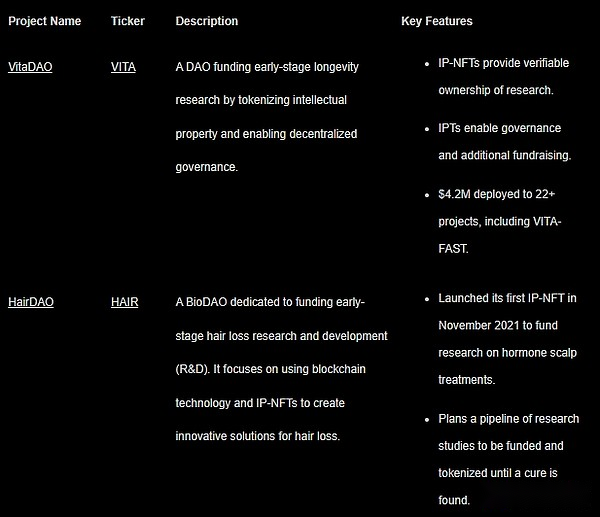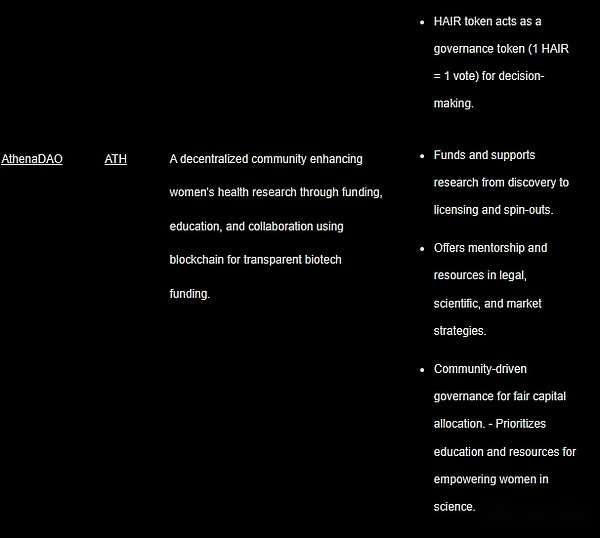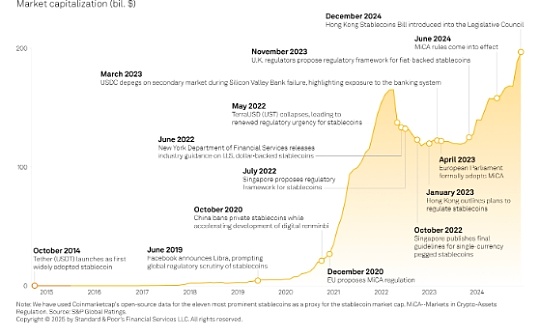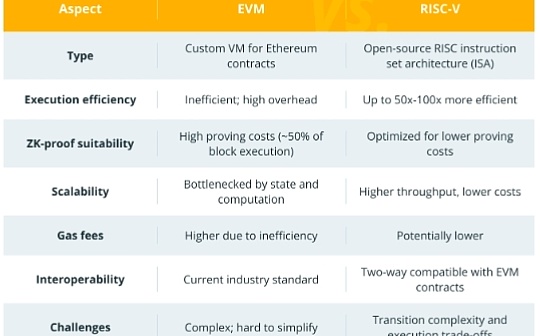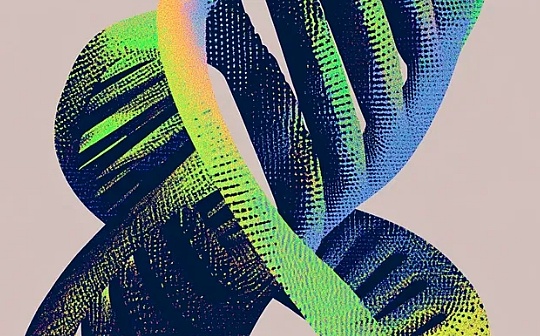
Author: David C, Bankless; Compilation: Tao Zhu, Bitchain Vision
Decentralized Science (DeSci) is a new method of using blockchain for scientific research, making research more open, clear and accessible.
In a traditional scientific system known as “TradSci”, central institutions manage research.Examples of these institutions include universities, government agencies, and private companies.While this system has brought about huge progress, it also creates obstacles to progress.These barriers include high costs of research and publishing, limited access to knowledge, and slow collaboration.
DeSci, on the other hand, focuses on open science—a movement that believes that all knowledge should be acquired for free.By using tools such as decentralized autonomous organizations (DAO), smart contracts and tokens, DeSci helps scientists take charge of the way research is funded, completed and shared.It supports global cooperation, encourages open source data sharing, and eliminates gatekeepers that restrict access to scientific discoveries.
In this system, researchers have more ways to fund their projects.They can publish their findings on the open access platform, or tokenize their intellectual property for more support or additional revenue.Overall, the goal is to build a more inclusive and transparent world of scientific research.
What problems does DeSci solve?
There are several problems with traditional scientific research methods, and DeSci hopes to solve these problems.These issues not only slow down the progress of scientific research, but also limit who can contribute to and benefit from it.
Lack of funds
In TradSci, only a small percentage of researchers’ work received funding.
Large research institutions invest most of their money on popular topics, leaving smaller but equally important research unfunded.Many researchers work hard to transfer their findings from the lab to realistic solutions that help people, a challenge often referred to as the “Gail of Death.”This bottleneck limits the impact of valuable ideas.
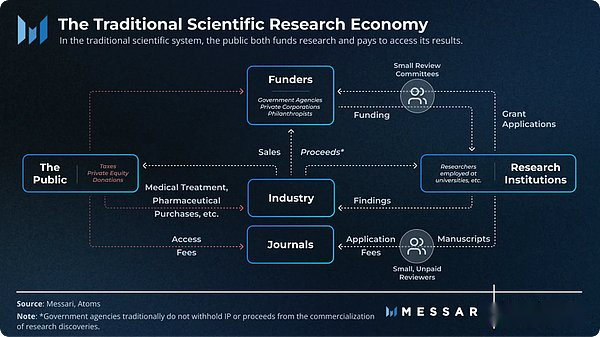
Access barriers
Most scientific research is still behind the journal’s paywall, meaning only those with permission or wealthy can read it.This limits the widespread sharing of knowledge and slows down collaboration.For many, even visiting past research can be a major challenge.
Lack of transparency and trust
Scientific discoveries are sometimes criticized because they are difficult to repeat or prove.This “repeatability crisis” occurs when researchers don’t have enough reason (if any) to examine each other’s work or share their raw data.Funding and publication decisions are also often made secretly, which can lead to bias in the research results.
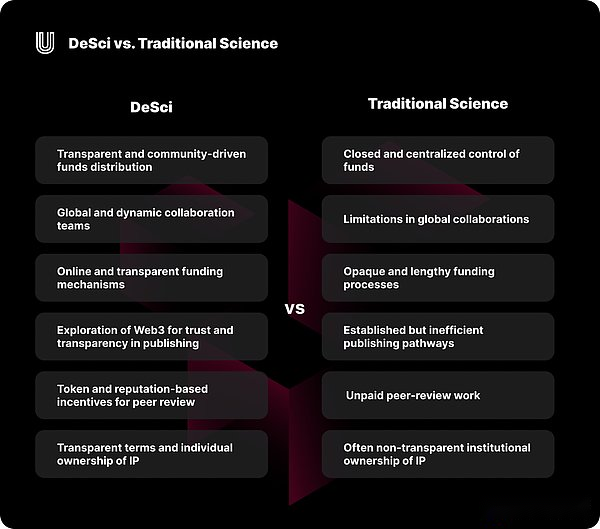
Inefficient cooperation
Scientists often work alone because the industry is very competitive and the success of one team is often at the expense of another team’s success.This has led researchers, institutions and countries to keep their data confidential, which has slowed progress and made it more difficult to address major issues such as climate change or medical breakthroughs.
How does DeSci use blockchain?
DeSci uses blockchain technology and open source tools to solve these problems in traditional science.Through distributed systems and making information easier to obtain, DeSci can make scientific research faster, more equitable and more reliable.Here are how it can contribute.
Spreaded funds
DeSci does not rely on institutions or government funding.Instead, it uses a platform run by decentralized autonomous organizations (Dao) and tokens.
These systems allow researchers to raise funds directly from communities around the world.For example, some projects use secondary financing, such as Gitcoin.The focus of this approach is to provide greater funding for projects that receive many small donations, rather than just a few large donations.This ensures that everyone in the scientific community can express their opinions on funded projects.
Open access and data sharing
The permanence of blockchains means that they can make scientific research secure and immutable.This makes it easier for anyone to access the research and check its accuracy.Additionally, through distributed databases, researchers can publish their research results on an open science platform that anyone can read for free.Using blockchain can also enable global data sharing, and scientists can collaborate across borders by safely sharing raw data sets and discoveries.
Transparent and fair peer review
The peer review process is crucial to ensuring the quality of research, but is often opaque in TradSci.In DeSci, blockchain can track and reward reviewers’ contributions, ensuring that reviews are fair and credible.Smart contracts can even manage the peer review process, making it transparent and open to the entire scientific community.
Tagification of the study
One of the most exciting features of DeSci is the ability to tokenize intellectual property rights.Researchers can create NFTs to represent ownership of their discovery.These tokens can be used by other researchers to create additional revenue sources, or to conduct transactions, creating new financing opportunities.For example, researchers may set funding goals based on the token’s market value.In this way, the project will only move forward when sufficient funds are obtained.Overall, the system handed over more control to scientists and their supporters.
Resolve the “regeneration crisis”
As mentioned earlier, when scientists are unable to repeat the experiment and get the same results, a “repeatability crisis” occurs, which makes the research hard to trust.DeSci solves this problem by rewarding scientists who repeatedly examine experiments and prove that the results are accurate.Using blockchain technology, researchers can keep clear records to show that their work is correct and make scientific research more trustworthy.
DeSci Platform
The goal of decentralized science (DeSci) is not just to rethink how science is accomplished; it also builds practical tools to transform key aspects of the research process.These platforms are designed to address specific challenges such as funding, publishing and conducting research by introducing decentralized, blockchain-based solutions, all of which play a crucial role in making scientific research more open, collaborative and efficientThe role of
Financing platform
It is difficult to obtain research funding for innovative projects.The DeSci platform mitigates this problem by connecting researchers with supporters, leveraging DAO and blockchain to make funding more equitable and accessible.Here are some platforms focusing on financing transformation.
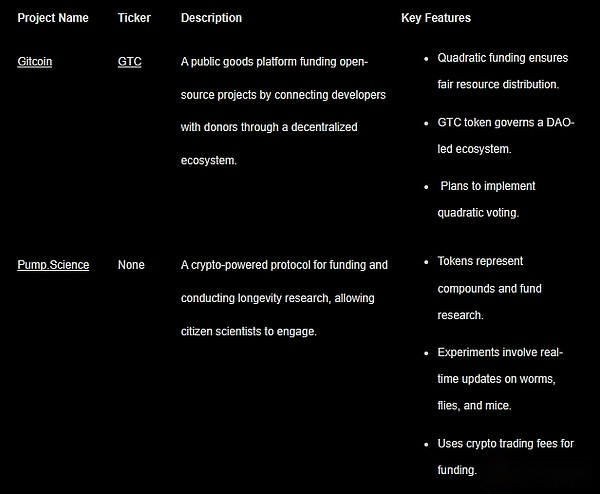
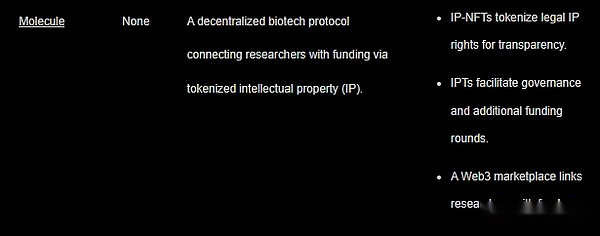
Publishing Platform
As mentioned earlier, scientific research is often locked behind paywalls.A distributed scientific publishing platform utilizes blockchain to provide open, secure access, enhancing transparency and collaboration.Here are some of the most popular projects:
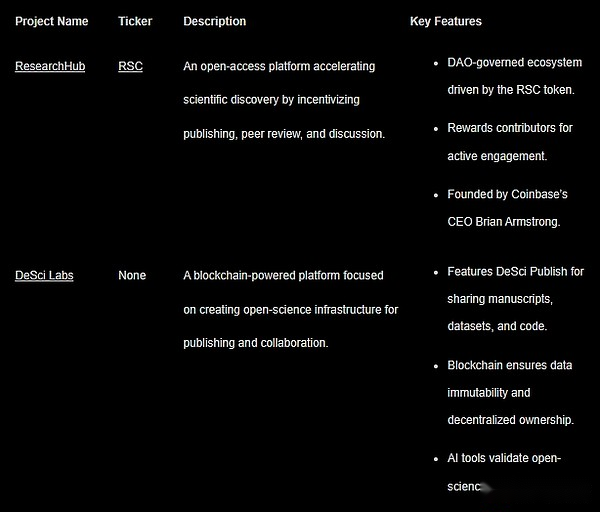
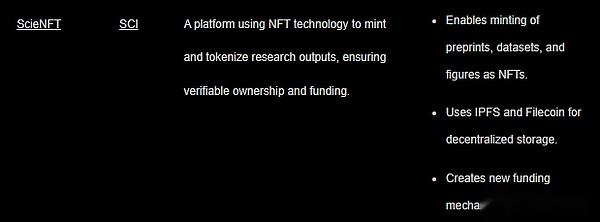
Research Platform
Using tools like IP-NFT and Dao, blockchain-based research organizations can create new ways to share and manage discoveries while ensuring transparency.Here are the main groups specializing in different research:
